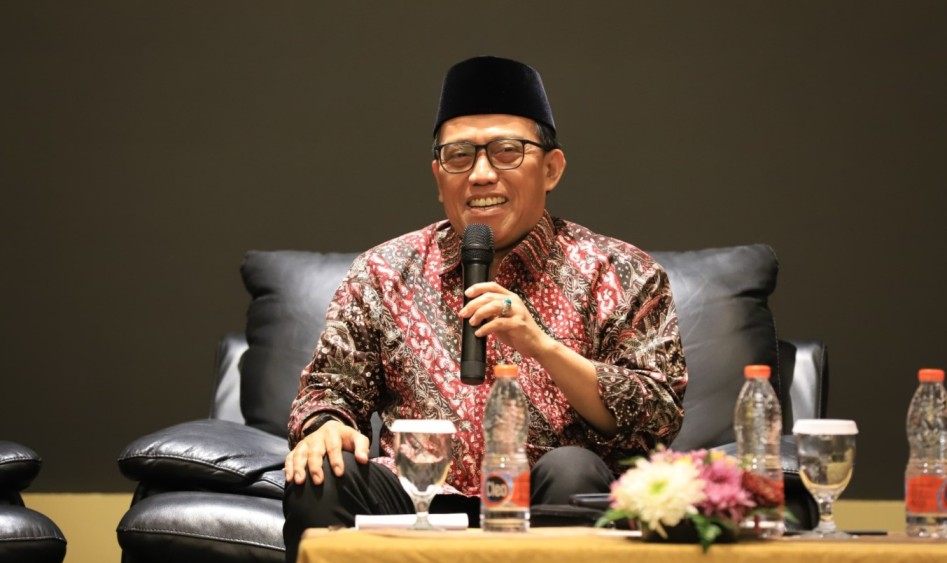Indonesia calls on NAM to strengthen South-South Cooperation

Jakarta (Indonesia Window) – Indonesia stresses the importance of strengthening South-South Cooperation among the Non-Aligned Movement (NAM) member countries to answer various global challenges, said the Chairman of the Indonesian Delegation to the NAM Summit, Husnan Bey Fananie who is Indonesia’s Ambassador to the Republic of Azerbaijan.
“NAM has a large number of members and can have a positive impact on broad development,” Husnan Bey Fananie said at the 18th NAM Summit which took place in Baku, Azerbaijan, on October 25-26, 2019.
According to the Indonesian ambassador, the NAM cooperation must now be directed to things that give concreate impacts to the people.
Meanwhile, at the opening session Venezuelan President Nicolas Maduro Moros handed over the chairmanship of the NAM to the President of Azerbaijan, Ilham Aliyev.
In his opening remarks, President Aliyev stressed the importance of respecting the norms of international law, sovereignty, territorial integrity and cooperation among the NAM member countries.
Furthermore, he called on NAM to be strong in carrying out the interests of developing countries in various fields including economics and politics.
The meeting was attended by 21 heads of state and heads of government, as well as 49 officials at the ministerial and parliamentary levels as well as delegations from more than 121 member countries, NAM observers and guests from other countries.
The NAM Summit was also attended by the President of the UN General Assembly, Ambassador Tijjani Muhammad Bande who expressed the importance of peaceful settlement of disputes and respect for the UN Charter and Human Rights.
The NAM Summit which was held under the theme: Upholding the Bandung Principles to Ensure Concerted and Adequate Responses to the Challenges of Contemporary World, discussed efforts of the NAM in responding to global issues based on the Bandung Principles.
The Bandung Principles calls for: 1) Respecting basic human rights and the goals and principles contained in the UN charter; 2) Respect the sovereignty and territorial integrity of all nations; 3) Recognizing the equality of all ethnic groups and the equality of all nations, large and small; 4) Do not intervene or interfere in domestic matters of other countries; 5) Respect the rights of each nation to defend itself individually or collectively in accordance with the UN Charter; 6) Not to use the rules of collective defense to act in the special interests of one large country and not to do so with other countries; 7) Not taking actions or threatening aggression or using violence against the territorial integrity and political independence of a country; 8) Settling all international disputes by peaceful means, such as negotiations, agreements, arbitration or other peaceful means, according to the choice of the parties concerned in accordance with the UN Charter; 9) Promoting mutual interest and cooperation; 10) Respect international law and obligations.
The main issues discussed by member countries in the general debate session of the Summit included the relevance and respect for the Bandung Principles, the solidarity of the NAM members on the Palestinian issue, poverty alleviation, climate change, cyber security, combating terrorism and refusing efforts to make decisions unilaterally.
The meeting also agreed on a number of documents, namely the NAM Final Document, the Baku Declaration and the NAM Political Declaration on the Palestinian issue.
The Summit also exercised minutes of silence in memory of the leaders of NAM member countries who had passed away, including the 3rd President of the Republic of Indonesia, B.J. Habibie.
Reporting by Indonesia Window

.jpg)








